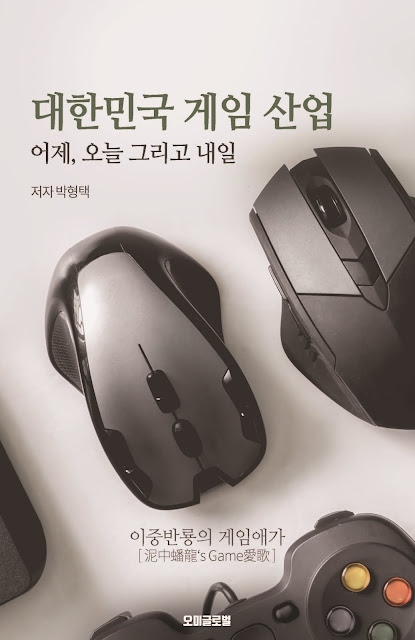泥中蟠龍's Game愛歌
[A love song for games of the dragon waiting for an opportunity]
No one can leave the island on foot
December. 28. 2017.
I heard a heartbreaking story from an acquaintance in the gaming industry a while ago. Investors are reluctant to invest in mobile games, despite currently ongoing boom for the local gaming sector thanks in part to a couple of successful game makers. In particular, some start-ups are said to be cash-strapped. Even an investor who is interested in a big publisher's game project that a famous developer involves doesn't want to consider to commit capital to a game with a low success rate due to astronomical cost for marketing, user or marketing data tracking, and a global strategy, etc. I strongly argued that not every venture capital firm isn't like that and I actively examine details of the small start-ups, however, it is true that he pointed out that I don't represent the whole venture capitalists and most investors currently aren't interested in mobile games much. I also sympathize with him in his point of view about the reason why investment firms are passive in spending money.
There is no riskless investment, not to mention the cliché that 'Never let a good crisis go to waste.' The more you take the risk, the more you can expect high profit. Venture capital is high-risk, high-return investing in support of business creation and growth. VCs may turn the currently hostile environment by investing in a handful of prospective companies with good conditions. The latest cases that created huge investment returns were born from courage in the face of danger. A developer should persuade an investor to stress its strength. It's probably as unlikely that a game without a very distinctive concept, design, or gameplay will be a huge success, as it is unlikely that a classic arcade game Galaga will make a comeback thanks to the recent retro fad in the whole content industry. Game makers must have a point to encourage users to distinguish themselves from other ordinary game developers and use it when they make investors believe that their product is well worth investing in. Despite in case the project failed, they need to highlight the games' strengths that their return on investment will be pretty high if they succeed.
A market that is not open to business from companies in other countries is called 'Galápagos islands'. The recluse islands are often cited as explaining Darwin's theory of evolution. Galápagos each have their unique flora and fauna because of out-of-the-way places with the uncommon natural environment. On the contrary, it is difficult for those animals and plants that adapted well to the out-of-the-ordinary setting to survive in a normal environment. The local gaming industry has adapted to a peculiar circumstance for a long time may lose survival ability in the global market place. Now developers should try to leave the island. The effort is subject to take many risks and more challenges ahead. Challenges at great risks don't guarantee success. But I'd like to say that no one can leave the island on foot.
※ This is from Kyunghyang Games column by 泥中蟠龍 since September 2013.
(http://www.khgames.co.kr)
Translation by Kim Ki-hui


